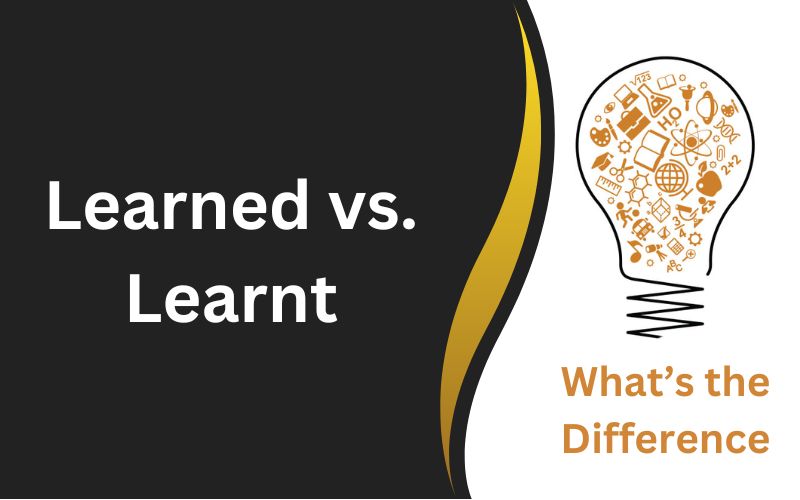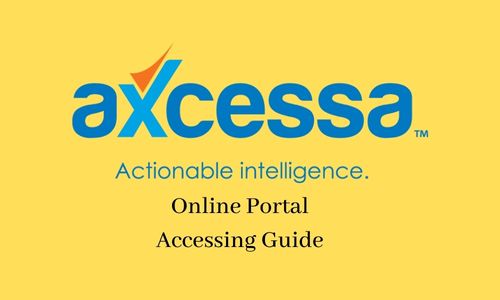Learned vs. Learnt: Speaking English has its own advantages and is relatively simpler to do. It also has a lot of drawbacks because you constantly question whether what you are saying is correct or incorrect. The accepted spelling for the two words is “learned” in the US and Canada, and “learnt” in the UK and other English-speaking nations. That is the only distinction between the two terms.
It’s crucial to understand that either can be used appropriately, so don’t worry if you think you spelled one of them incorrectly.
What does “Learnt” Mean?
“Learnt” designates the verb “learn” in both its past tense and past participle. When someone who speaks British English wants to express that a certain piece of knowledge was “learned” in the past, they use the word “learned.” Therefore, in a sentence written in British English, “learnt” can be used in place of “learned.” Even in modern times, the adjective “learned,” which denotes “having knowledge gained by study,” is still used with the past tense.
Furthermore, one of the most commonly used past participles and past tenses in the English language is “learnt.” It has developed into one of the most significant terms in people’s daily lives and conversations, especially in nations where English is the primary language. They used the word “learned” to convey skills or knowledge they had acquired from prior experiences.
What does “Learned” Mean?
The past tense and past participle of the word “learned” are “learned.” It denotes having a high level of education or exhibiting one; it also refers to having knowledge or skill gained via training or experience. It used to be possible to use the word “learn” to mean both “to teach,” which is now regarded as nonstandard usage, and “to learn,” which is now thought to be the word’s primary meaning.
These days, one of the terms that people use the most and find the most meaning in their daily lives is “learned.” It serves as a means of demonstrating the knowledge and abilities that someone has acquired via education or experience.
Read more: Love Poems for Wife or Girlfriend
Learned vs. Learnt. What’s the Difference?
The table that compares the terms “learned” and “learnt” is provided below.
| Factors | Learnt | Learned |
| Spelling | “Learnt” is spelled with “-nt” at the end. | “Learned” is spelled with “-ed” at the end. |
| Usage | Mostly used in British English and other English dialects. | Both American and British English accept it, but American English is more common. |
| Consistency | Certain British English speakers have a tendency to use “learnt” more frequently. | It is more common in American English while “learnt” may be used less frequently. |
| Example Sentence | I learnt how to ride a bike when I was a child. | She learned to play the piano at a young age and has been passionate about music ever since. |
Why Are Learned and Learnt Spellings Different?
Since the beginning of spoken Middle English, regular and irregular verbs have existed. Still, there has always been a tendency in American English to turn irregular verbs into regular verbs, and it seems that this is also the case in British English.
The result is that the -ed ending is gaining popularity all over the world. In particular, the learned / learnt example suggests that the use of learnt is gradually disappearing as learned continues to grow, even in areas where British English is spoken.
Is Learnt Accurate Grammatically?
Definitely, indeed! In British English, the verb “learnt” is used for both its past tense form and past participle. When discussing knowledge or information that they have previously acquired, British English speakers will use the term “learnt.” You could therefore say that she picked up hockey at a Sussex boarding school.
Is Learned Accurate Grammatically?
Of course, learned and learnt have the same grammatical construction. Additionally, because it is more commonly used, fewer people are likely to consider it to be an incorrect spelling. American English speakers use the past tense form and past participle of the verb “learned” instead of “learned.”





